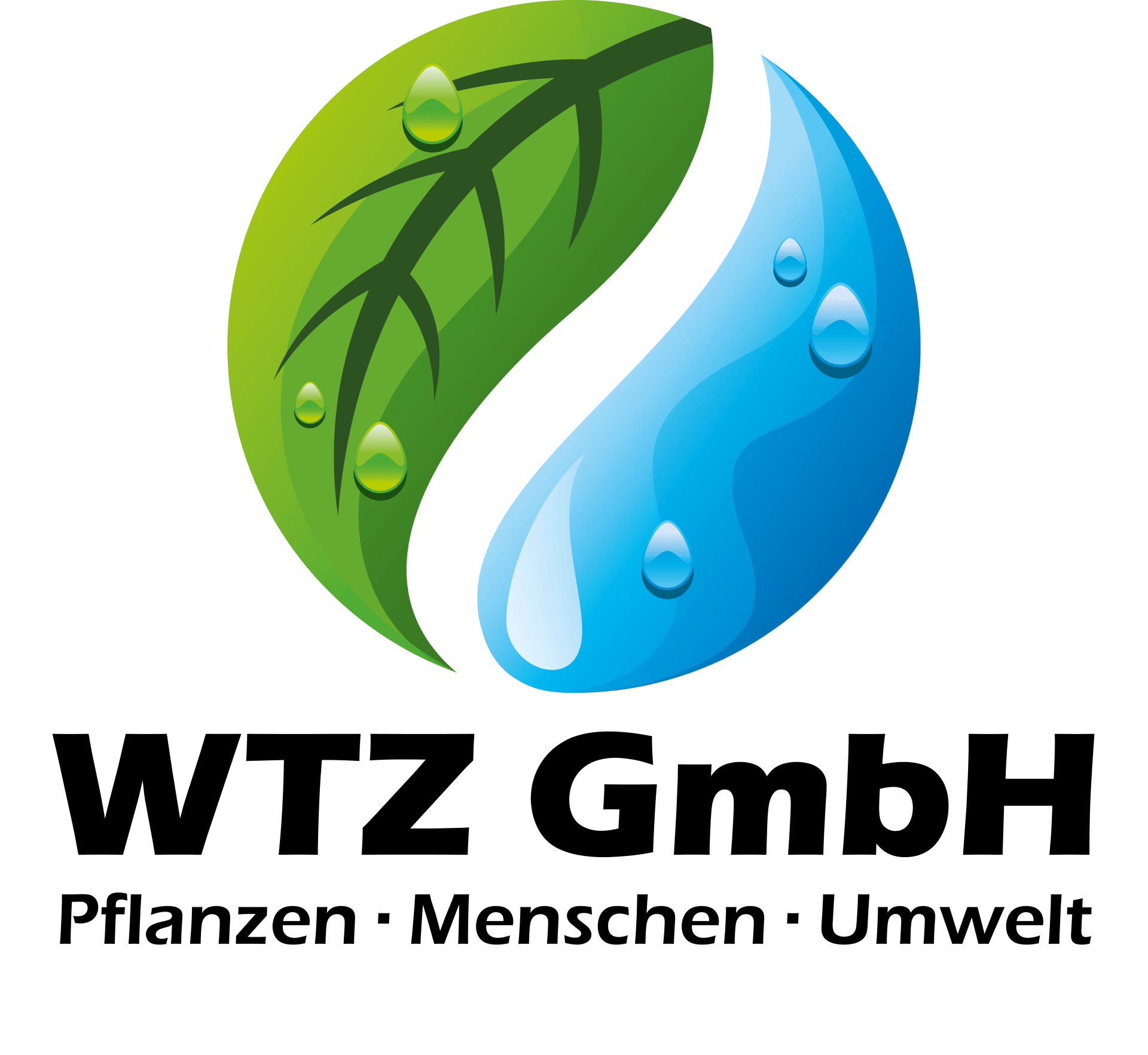What is soil revitalization and what options are there?
Soil health is central to agricultural sustainability and environmental protection. Soil revitalization is therefore becoming increasingly important to meet the challenges posed by intensive agricultural practices and environmental pressures. In this context, WTZ GmbH presents a groundbreaking solution: “Natural Growth”. This organic plant revitalizer not only promises sustainable soil care, but also holds the potential to revolutionize the way we farm. Dive into the future of soil health and discover how Natural Growth could bring about sustainable change in agriculture.
Soil revitalization is the process of restoring and improving the health and fertility of soils that have been damaged by various factors such as intensive agricultural use, environmental pollution or soil erosion. This comprehensive approach aims to restore soil biodiversity, improve soil structure and optimize nutrient supply for plants. Soil revitalization is an important part of soil regeneration and includes promoting soil life and restoring its natural functions. These measures create the basis for sustainable agriculture and a healthy ecological cycle.
Causes of land degradation
Soil degradation is the result of various factors that affect the natural fertility and health of the soil. The main causes of land degradation include:
Agricultural practices: Intensive agricultural practices such as monocultures, excessive use of pesticides and fertilizers, and mechanical tillage can lead to soil erosion and nutrient depletion.
Environmental pollution: Pollution from industrial waste, chemicals and heavy metals can significantly affect soil quality and damage soil life.
Deforestation and soil sealing: The removal of natural vegetation and sealing of soils through urbanization reduces soil fertility and leads to water drainage problems.
Climate change: Extreme weather conditions such as floods and droughts cause soil erosion and change soil structure.
Overgrazing: Excessively high grazing rates lead to overuse of pasture land and reduce vegetation cover, leading to soil erosion and loss of nutrients.
These factors often interact and reinforce each other, resulting in a continuous decline in soil quality and health. Protecting and conserving soil is therefore crucial for the long-term sustainability of ecosystems and agricultural systems.
Soil revitalization methods
Soil revitalization methods include a variety of approaches aimed at restoring and improving soil health and fertility. The main methods include:
- Crop rotations with plants with different root structures and nutrient requirements, - Reducing the use of fertilizers and concentrating on soils that nourish the crops,
- Use of green manure and mature compost types
- Monitoring the availability of stable carbon in the soil and, if necessary, adding additional carbon.
- Pay attention to the timing of using heavy machinery to avoid unnecessary damage to the structure.
- Biological plant vitalizers: The use of biological plant vitalizers such as Natural Growth promotes the growth of healthy plants and strengthens the soil microbiology.
These methods often work synergistically and can be tailored depending on the specific conditions and goals of a farm. By implementing these methods, farmers can help restore and maintain soil health while promoting sustainable agricultural practices.
Benefits of soil revitalization
Soil revitalization offers numerous benefits for agriculture, the environment and society as a whole. Here are some of the key benefits:
Increasing soil fertility: Soil regeneration increases nutrient levels in the soil, resulting in better plant nutrition and higher yields.
Improving soil structure: Regenerated soils have an improved structure that promotes water infiltration and storage and reduces susceptibility to erosion.
Promoting soil life: Improved soil quality promotes the activity of soil microorganisms, worms and other soil organisms, which further increases soil fertility.
Increasing biodiversity: Regenerated soils provide habitat and food for a variety of plant and animal species, promoting biological diversity.
Reducing environmental impact: Healthy soils can filter pollutants from water and help reduce air pollution.
Improving climate resilience: Regenerated soils can store carbon, helping to reduce carbon levels in the atmosphere, which contributes to climate protection.
Soil revitalization thus provides far-reaching environmental, agricultural and social benefits by improving the productivity and sustainability of agricultural systems while protecting natural resources.
Natural Growth: A key solution for soil and plant revitalization
Natural Growth, the innovative solution from WTZ GmbH, is a biological plant vitalizer that makes a groundbreaking contribution to soil revitalization. This unique formula not only improves soil fertility but also promotes the symbiotic relationship between plants and soil. By using Natural Growth, the amount of active fungi and bacteria in the soil increases significantly. This increase promotes a more vital microbiota, which in turn decomposes organic matter and optimizes nutrient availability. A clear symbiotic effect occurs between the root exudates secreted by the plant and the microbiome, resulting in improved moisture management and increased water buffering capacity. In addition, Natural Growth contributes to more active and stronger photosynthesis, reduces the pressure of fungal diseases and promotes the development of biologically beneficial organisms. Overall, “Natural Growth” plays a key role in promoting a healthy soil and plant ecosystem.
Challenges for future perspectives in soil revitalization
Soil revitalization is crucial for the sustainable management of land areas and the preservation of the environment. By restoring soil fertility and structure, farmers can increase the productivity of their soils while minimizing the negative impact of agricultural practices on the environment. In this context, various methods and techniques for soil regeneration have been developed that aim at sustainable soil management. The promotion of soil life, biodiversity and healthy ecosystems are central goals. However, protecting and revitalizing land poses numerous challenges, including intensified agriculture, pollution and climate change. Addressing these challenges requires an integrative and holistic approach that includes both traditional and innovative methods. Promoting awareness, education and research in the area of soil conservation and revitalization is also of great importance.
In this context, Natural Growth from WTZ GmbH offers an innovative solution that accelerates and optimizes soil regeneration. This organic formula promotes the growth of plants, improves moisture management in the soil and increases plants' drought tolerance. By using Natural Growth, soil fertility is sustainably improved and thus contributes to the creation of a healthy and productive environment.






